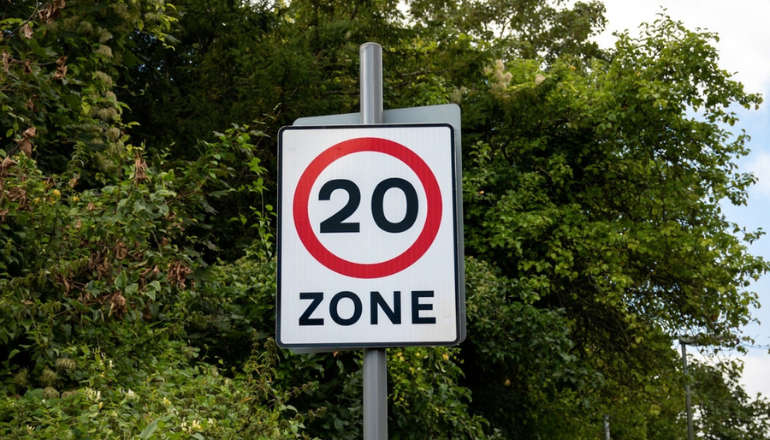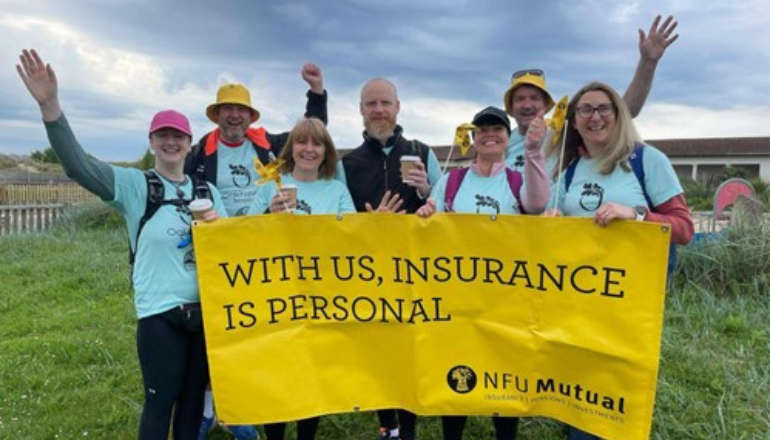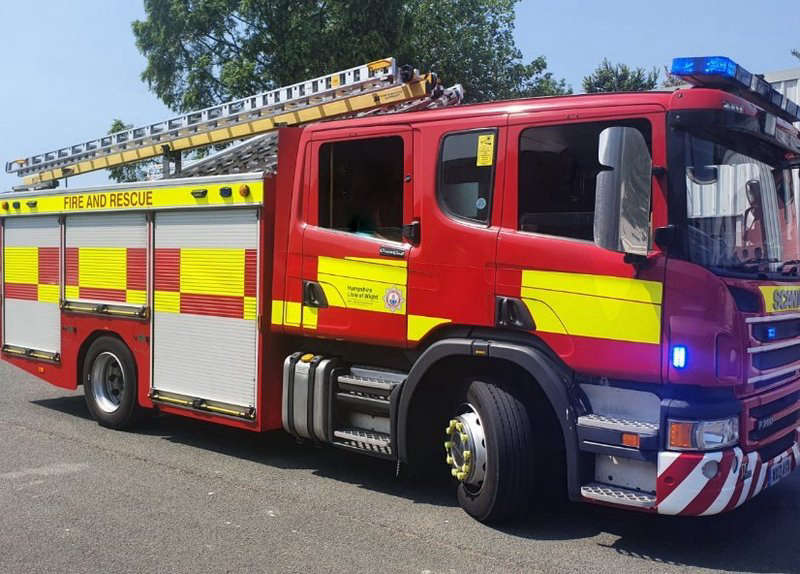
A comprehensive report outlining the findings of a major Island-wide speed limit review has been released by the Isle of Wight Council, highlighting recommended proposals towards improving road safety.
Published this week as part of the latest Cabinet papers, the review was informed by residents' concerns about vehicle speeds on specific roads or sections of roads.
As part of the assessment, more than 200 requests logged on the Highways Safety and Improvement Register (HSIR) for changes to speed limits and the installation of traffic calming measures were considered.
These requests come from residents, businesses, parish, town and community councils as well as ward councillors.
To ensure a thorough review, an additional 210 sites were reviewed to understand typical driver behaviour on roads with different characteristics.
Councillor Phil Jordan, Cabinet member for transport and infrastructure, said the primary goal of the review was to improve road safety for all users and reduce the risk of incidents.
"While we couldn't consider every road on the Island, the variety of roads monitored allows us to make reasonable judgments about vehicle speeds based on highway characteristics," he said.
"These recommendations are based on formal assessments of on-site traffic surveys, following national guidelines."
The review, conducted in line with guidance from Department for Transport (DfT) and the council’s own speed limit policy, underscores that setting appropriate speed limits is just one part of effective speed management.
Education and enforcement are crucial for any changes to be effective. The report recommends supporting any changes with a media campaign to engage the public and highlight the new speed limits.
Further work is needed to determine the extent of these changes and the costs involved, which will be addressed once the sites have been agreed.
Councillor Karen Lucioni, Cabinet member for community protection, stressed the importance of reducing vehicle speeds to lower both the number and severity of collisions.
She said:
"When vehicles travel at 20mph or below, the chances of survival for vulnerable road users, such as pedestrians and cyclists, increase dramatically in the event of an impact. It's a simple yet powerful change that can save lives.
"Similarly, keeping speeds under 40mph greatly enhances the survival chances of vehicle occupants in head-on collisions. It's about creating safer environments for everyone on the road, whether they're walking, cycling, or driving.
"By focusing on speed management, we can make our roads safer and reduce the tragic consequences of high-speed accidents."
Following the decision of Cabinet, the intention is to focus on implementing a program of works based on these recommendations, with ongoing monitoring and further traffic surveys to guide future highway improvements.

 Green Light For Wild Beaver: Landmark Moment For Nature Recovery
Green Light For Wild Beaver: Landmark Moment For Nature Recovery
 Super Bowel – Giant Inflatable Intestine To Tour Isle Of Wight
Super Bowel – Giant Inflatable Intestine To Tour Isle Of Wight
 Local Insurer To ‘Walk the Wight’ To Raise Vital Funds For Mountbatten Hospice
Local Insurer To ‘Walk the Wight’ To Raise Vital Funds For Mountbatten Hospice
 Isle Of Wight Story Festival Pulls Large Crowds Over Half Term Week
Isle Of Wight Story Festival Pulls Large Crowds Over Half Term Week
 Wing Walk 2025 A First For St Catherine's
Wing Walk 2025 A First For St Catherine's



 Popular Ryde Restaurant 'Crepe Lovers' Opens Second Island Eatery In Newport
Popular Ryde Restaurant 'Crepe Lovers' Opens Second Island Eatery In Newport
 Secondary School Offers Made To Island Children
Secondary School Offers Made To Island Children
 Shanklin Garage Fire Leads To Emergency Service Call-Out
Shanklin Garage Fire Leads To Emergency Service Call-Out
 Mountbatten CEO 'Delighted' Following Government Funding Of More Than £330,000
Mountbatten CEO 'Delighted' Following Government Funding Of More Than £330,000
Comments
Add a comment